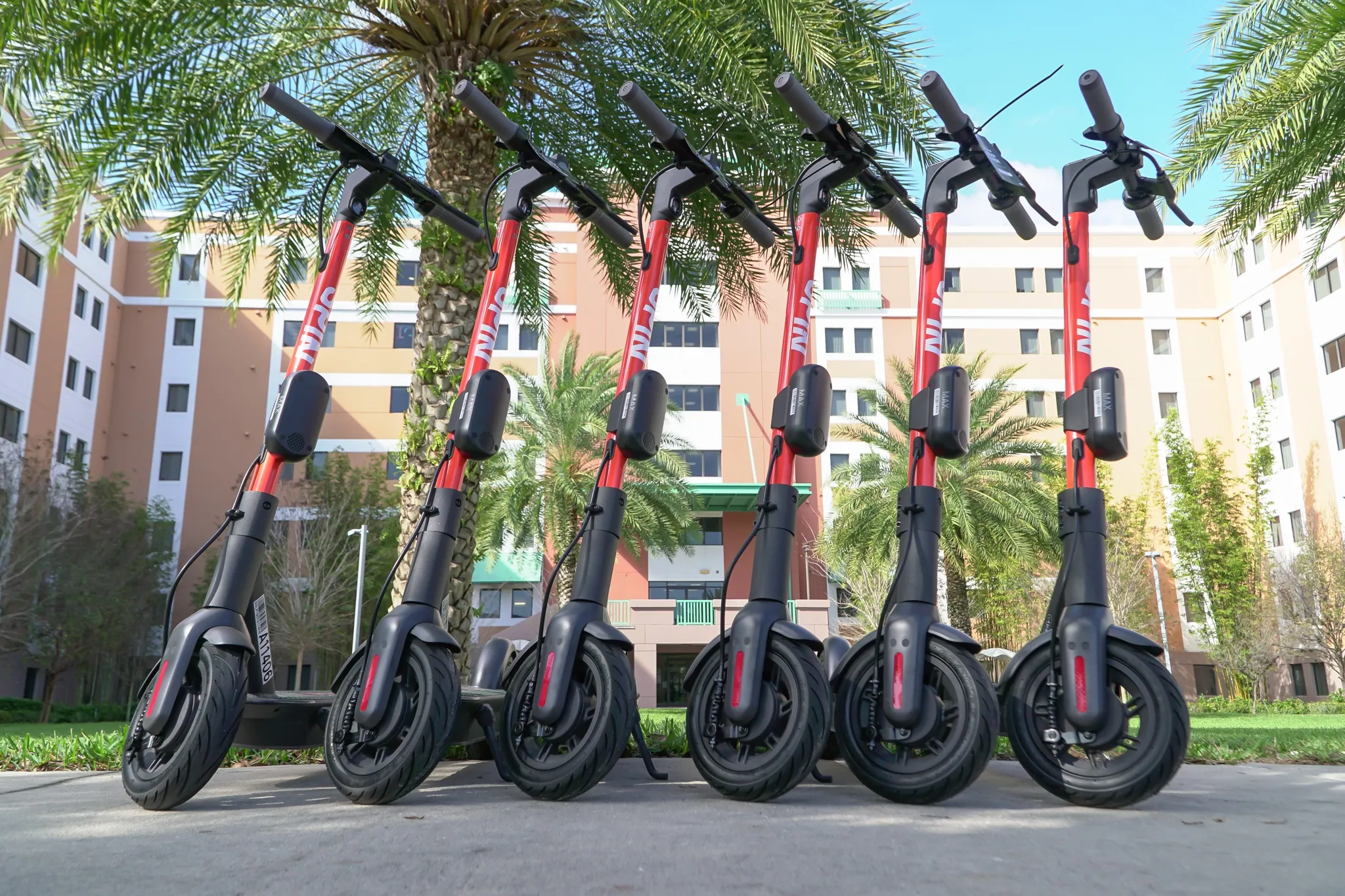Research carried out by Emedia on 460 UK businesses operating vehicle fleets for TomTom suggests that almost half of UK businesses face resistance from drivers when attempting to introduce new technology to their vehicle fleet. The most frequent complaint made by drivers is that technology represents ‘big brother’, cited by 43 per cent of businesses as their staff’s primary concern.
August 22, 2012
Read time: 2 mins
Research carried out by 6427 Emedia on 460 UK businesses operating vehicle fleets for 1692 TomTom suggests that almost half of UK businesses face resistance from drivers when attempting to introduce new technology to their vehicle fleet.
The most frequent complaint made by drivers is that technology represents ‘big brother’, cited by 43 per cent of businesses as their staff’s primary concern.
Other common problems included trouble adapting to a change in systems (21 per cent) and a lack of clarity surrounding the benefits offered by new technology (18 per cent).
TomTom believes these perceptions could be overcome by better communication between managers and employees but 58 per cent of those questioned admitted they do not conduct a formal consultation when changing business systems.
“In order to profit from the significant gains in efficiency and productivity offered by fleet management technology, businesses must properly manage change by involving drivers throughout the implementation process,” said Giles Margerison, TomTom business solutions director UK & Ireland.
“It is surprising to discover so few businesses conduct formal consultations as a matter of course, especially as they can be vital in addressing concerns and communicating the benefits available to management and staff alike.”
Margerison cites6428 Zenith Hygiene Systems as an example of the correct approach. The company has been able to achieve yearly fuel savings of US$344,000 by gaining employee buy-in for an innovative scheme designed to improve driving style using a fleet management system.
The most frequent complaint made by drivers is that technology represents ‘big brother’, cited by 43 per cent of businesses as their staff’s primary concern.
Other common problems included trouble adapting to a change in systems (21 per cent) and a lack of clarity surrounding the benefits offered by new technology (18 per cent).
TomTom believes these perceptions could be overcome by better communication between managers and employees but 58 per cent of those questioned admitted they do not conduct a formal consultation when changing business systems.
“In order to profit from the significant gains in efficiency and productivity offered by fleet management technology, businesses must properly manage change by involving drivers throughout the implementation process,” said Giles Margerison, TomTom business solutions director UK & Ireland.
“It is surprising to discover so few businesses conduct formal consultations as a matter of course, especially as they can be vital in addressing concerns and communicating the benefits available to management and staff alike.”
Margerison cites










